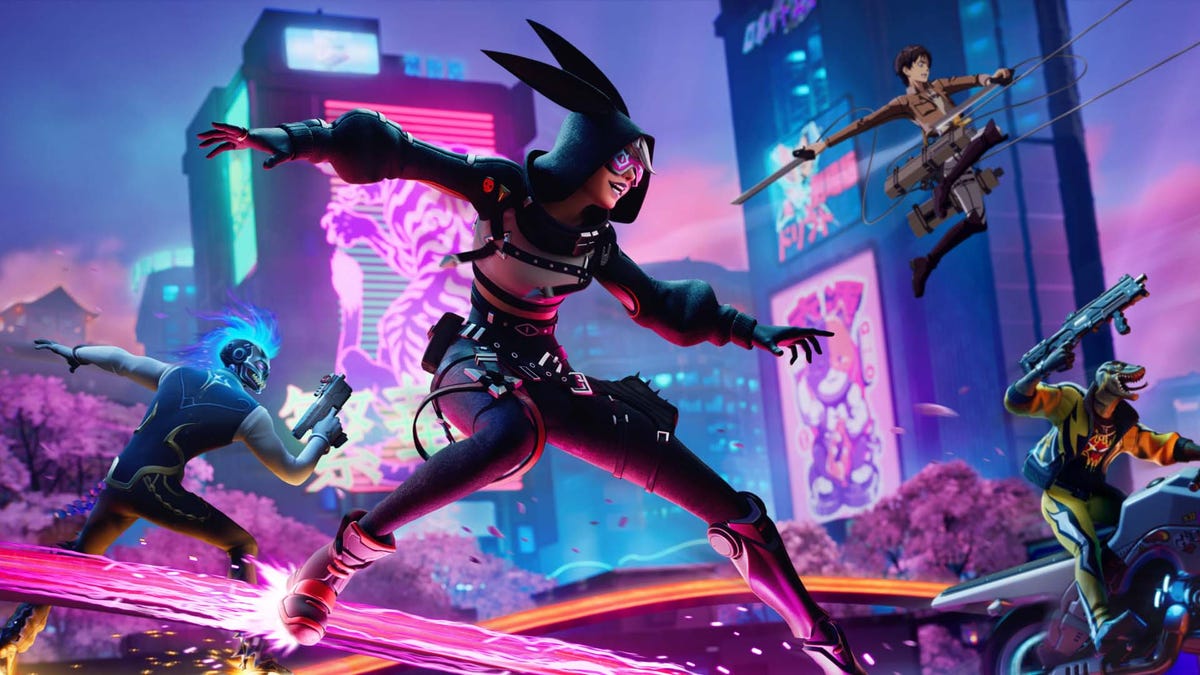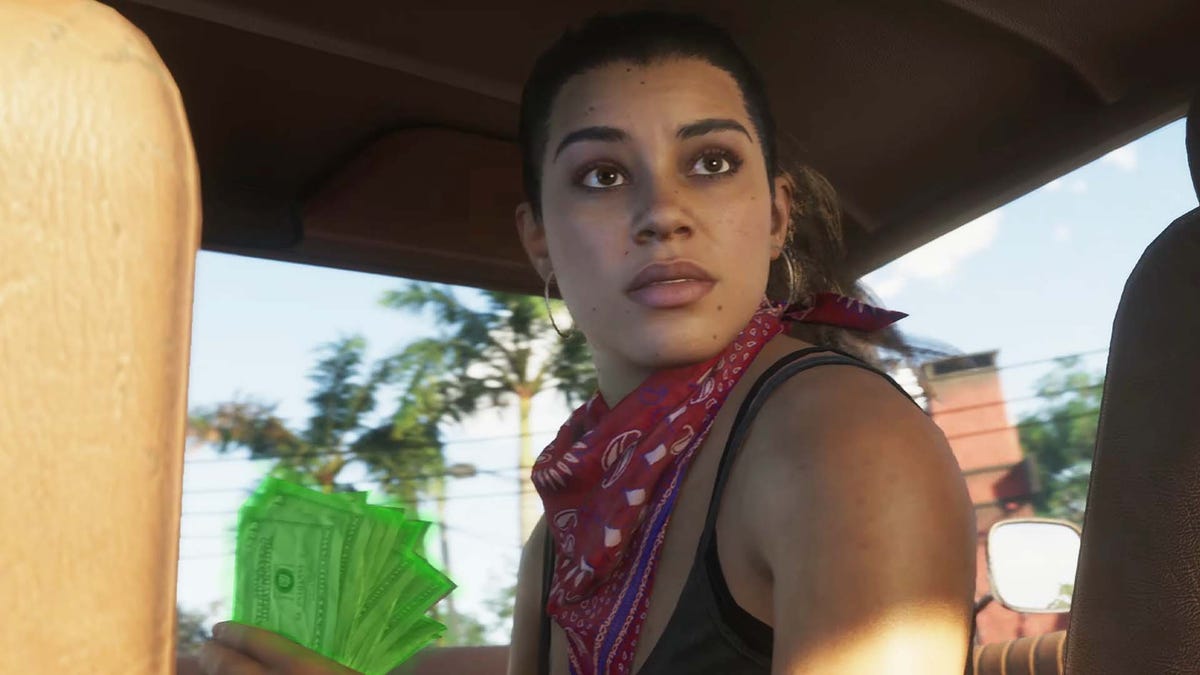I think it’s clear now that Rebirth and XVI have underperformed. Both games would have been very expensive to produce and keeping them confined to one console has not been a recipe for success.
There are lots of threads to pull at around this topic, so please forgive the following brain-dump. I believe that emulating Capcom’s model is the right choice for now, but there are other issues at play that require a remedy.
- Development Timelines
It is incomprehensible to me that both Dragon Quest and Kingdom Hearts are requiring 5+ year development cycles following their last, successful mainline instalments. The same is true for Nier. I know there was a remake of the original Nier in 2020 but Automata was a breakout hit that acquired a lot of mindshare among the gaming public. I understand development cycles are longer than ever, but Square should be looking to emulate Capcom’s standardised and streamlined development pipelines (e.g. pick one engine and stick to it across the company; cross-platform development should be baked into projects from the start). They should also have alternating teams for each of their major franchises which allows for more regular releases. Resident Evil has come a long way as a franchise since the low of Resident Evil 6 in 2012 - with the lessons and foundations that Resident Evil 7 provided Capcom with, the franchise has gone from strength to strength in recent years. (Although I am still willing to debate whether or not a Resident Evil 4 remake was entirely necessary.)
- Japan and Nintendo
I know Square is already pivoting to a multi platform strategy, but I believe for the benefit of their tentpole franchises, Square need to revitalise their diminishing audience in Japan, and I think the only way to do this is by ensuring that Nintendo (and PC) platforms are scoped for all of their future major projects. The Switch 2 will launch next year, and Square needs to ensure that major new releases come to this platform as the Switch 2 will likely continue the success of the Switch and will find itself as the console market leader in Japan (unless Nintendo do something stupid and sell the console for $500). I imagine this is already in the plan for Dragon Quest 12 (which recently lost its producer - not the sign of a healthy project) but I am willing to bet that significant work will be required to get Kingdom Hearts 4 working on Switch 2 if the teaser from 2022 is anything to go by. The Switch 2 is estimated to be comparable to the PS4 Pro in power, with some modern features at its disposal, but it will not be competing with the PS5 and Xbox Series X in terms of polygon and pixel counts. While historically, directors and producers like Nomura and Kitase have wanted to push the envelope in terms of graphical fidelity with each new release and generation, I believe the survival of Square and their IPs is dependent upon day 1 versions of their major releases being available for a Nintendo platform. Therefore, games will have to be scoped in a way that allows them to perform comparatively well on the lower-powered Nintendo machine without the need for bespoke development / porting as Dragon Quest 11 required when it was ported from PS4 to Switch.
- Talent
Naoki Yoshida is the man, and FFXVI was the most robust mainline Final Fantasy release since 12, I would argue, but even his Midas touch did not achieve the success that Square was hoping for. Yoshi-P has fostered a great new team that will likely develop another Final Fantasy game, but I would argue that there is another rising star that needs to be at the helm of the next mainline Final Fantasy project, and that is Naoki Hamaguchi. What Hamaguchi achieved in 3-4 years of development for Rebirth needs to set the standard going forwards. Faster, well-managed (>80% of staff were retained from Remake to Rebirth) and iterative development is the way to go in order to deliver consistent and high quality products going forwards. Hitting the reset button for each Final Fantasy in terms of technology and design is not tenable anymore. Hamaguchi seems to be able to do what other directors at Square struggle with and for that, I believe he should be entrusted with the next mainline Final Fantasy title.
- Branding (this is mainly about FF)
Square should be growing all their major brands, but with Final Fantasy, there is a sickness that cannot be ignored. The anthology nature of the Final Fantasy series and the insistence on each new installment of the series being a departure from the last has become an albatross around the series’ neck. New fans arrive with each new mainline entry only to hear vitriol from fans of older releases. FFVI fans resent FFVII for the latter being more popular than the former. FFXII fans dislike FFXIII because the latter removed the complexity of party management and gambits in favour of faster, rhythmic battles built around staggering. Older fans detest that the Stagger bar continues to be present in each new release! The identity of Final Fantasy is fractured and the brand now means so many things to so many different people. Fans of FFXIV largely engage with that one and that one alone. I believe the series would benefit from a standardised framework, similar to how the series iterated back in the 80s and 90s. Sure, the stories can be different, but the fundamentals should be largely the same. And I believe with Rebirth, we have arrived at a model that could work going forwards. People largely agree that the FFVIIR battle system is good, and with Rebirth, I believe that itch of exploring big open environments in a meaningful way is finally being scratched. Now I know that multiple people will disagree with the above opinion, and they will say that something along the lines of FFX or FFXII would be much better, and to that I say: while Rebirth didn’t find the sales numbers it should have, it was warmly received by critics and achieved a 93 metacritic average. Something that will not go unheeded by management at Square, I hope. Give Hamaguchi a blank slate and his team leaders from Rebirth and let him get to work not on “FFXVII”, but a reboot of sorts (I don’t know…“Final Fantasies”) that can break away from the shackles of what has come before it.
- The FFVIIR project
What does all of this silly conjecture mean for Part 3 of the Remake Trilogy? Well I certainly hope Part 3 gets made, that’s for sure, and I do agree with arguments that once Square finishes the trilogy, they can bundle it, re-release it and/or put it on sale for the next 20 years. I know the FFX remaster has enjoyed healthy legs over the years. Nevertheless I fully expect the budget for Part 3 to be tightened in light of Part 2’s underperformance and for key talent like Hamaguchi to be moved onto more promising ventures. Scope will be reduced, so aspects like flying the Highwind and fighting the Weapons may not be as grand as we might have first expected. Doubly so if Part 3 is to be scoped for the Switch 2. I think Toriyama or another member of staff will be given director duties and they will likely be asked to do what they can by a certain date in 2027.
Worst-case scenario: this Kiryu guy at Square is a real killer and cans the remainder of the Remake project.
But hopefully it doesn’t come to that. If it is suddenly announced that Kitase or Nomura are leaving Square Enix, then it’s time to worry.









